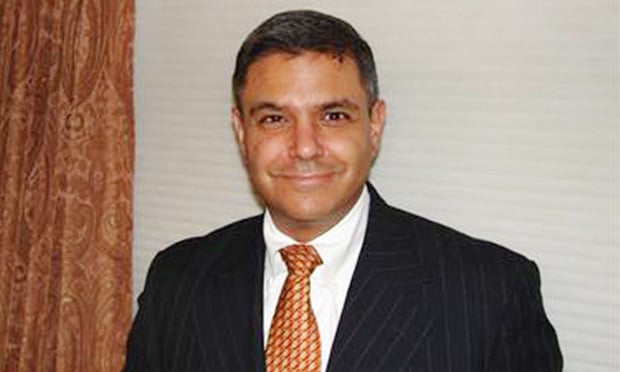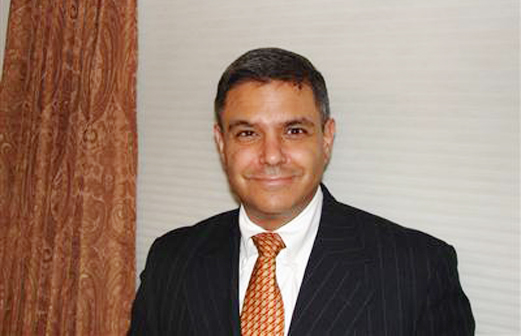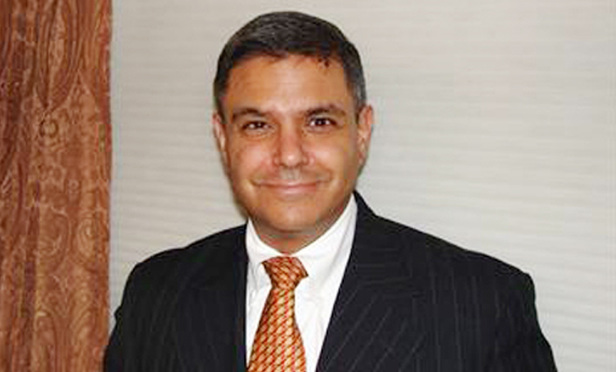Carlos J Cuevas

January 04, 2019 | New York Law Journal
PROMESA and McKinsey's Lack of DisinterestednessMcKinsey is advising the FOMB on Puerto Rico's debt restructuring. After McKinsey was retained, it was revealed that McKinsey, through its affiliates, holds at least $20 million of Puerto Rico's debt. The fact that McKinsey is not disinterested has produced the appearance of a conflict of interest, which casts a specter of doubt on the legitimacy of Puerto Rico's bankruptcy case.
By Carlos J. Cuevas
8 minute read

January 03, 2019 | Connecticut Law Tribune
Rule 2016(b) and Disclosure of Payment of a Debtor's Legal FeesRule 2016(b) requires a debtor's attorney to disclose the compensation that he or she has received or to disclose an agreement that he or she has made with a debtor concerning the attorney's compensation.
By Carlos J. Cuevas
8 minute read

October 24, 2018 | New York Law Journal
PROMESA, Feasibility and the Need for a Marshall Plan for Puerto RicoThe Puerto Rico bankruptcy cases are consequential not only for people of Puerto Rico, but also for the other citizens of the United States.
By Carlos J. Cuevas
8 minute read

October 18, 2018 | New York Law Journal
'In re DeFreze' and Non-Dischargeability of Debts Pertaining to Non-Filed and Late Filed Income Tax ReturnsThe 'DeFreze' decision is reflective that Bankruptcy Code §523(a)(1) is intended to protect the taxing authorities.
By Carlos J. Cuevas
7 minute read

June 15, 2018 | New York Law Journal
Punitive Damages for Violations of the Automatic Stay: Bankruptcy Code 362(k)Bankruptcy Code Section 362(k) authorizes the imposition of punitive damages for a willful violation of the automatic stay. In determining whether to impose punitive damages, several bankruptcy courts have identified five factors to guide their decision.
By Carlos J. Cuevas
9 minute read

March 12, 2018 | New York Law Journal
'Solow v. W.R. Grace & Co.' and the Rebuttable Presumption TestUnder what circumstances should an attorney be disqualified from representing another party that is adverse to a present or former client of a former law firm for which the attorney was affiliated?
By Carlos J. Cuevas
8 minute read

January 03, 2018 | New York Law Journal
'In re Ciarcia' and the Abuse of the Bankruptcy SystemCarlos J. Cuevas discusses 'In re Ciarcia', in which Bankruptcy Judge James Tancredi employed Bankruptcy Code §1307(c) to dismiss a Chapter 13 case because of the lack of good faith.
By Carlos J. Cuevas
8 minute read

December 06, 2017 | New York Law Journal
Private School Tuition Payments and Constructive Fraudulent Conveyance LawCarlos J. Cuevas explores the use of the federal and state constructive fraudulent conveyance laws to avoid a pre-petition private school tuition payment by a Chapter 7 debtor for a dependent child.
By Carlos J. Cuevas
8 minute read

July 25, 2017 | New York Law Journal
Continuing Concealment Doctrine and Bankruptcy Code Section 727(a)(2)(A)Carlos J. Cuevas discusses the continuing concealment doctrine, which extends the statute of limitations period beyond one-year if a debtor has engaged in concealing assets.
By Carlos J. Cuevas
16 minute read

June 23, 2017 | New York Law Journal
Crime-Fraud Exception and Intentional Fraudulent Conveyance LitigationCarlos J. Cuevas discusses an important issue that arises in intentional fraudulent conveyance litigation—the application of the crime-fraud exception to the attorney-client privilege.
By Carlos J. Cuevas
17 minute read
Trending Stories
- 1Call for Nominations: Elite Trial Lawyers 2025
- 2Senate Judiciary Dems Release Report on Supreme Court Ethics
- 3Senate Confirms Last 2 of Biden's California Judicial Nominees
- 4Morrison & Foerster Doles Out Year-End and Special Bonuses, Raises Base Compensation for Associates
- 5Tom Girardi to Surrender to Federal Authorities on Jan. 7
More from ALM
- Scan In Progress: Litigators Leverage AI to Screen Prospective Jurors 1 minute read
- Legal Speak at General Counsel Conference East 2024: Match Group's Katie Dugan & Herrick's Carol Goodman 1 minute read
- Legal Speak at General Counsel Conference East 2024: Eric Wall, Executive VP, Syllo 1 minute read



